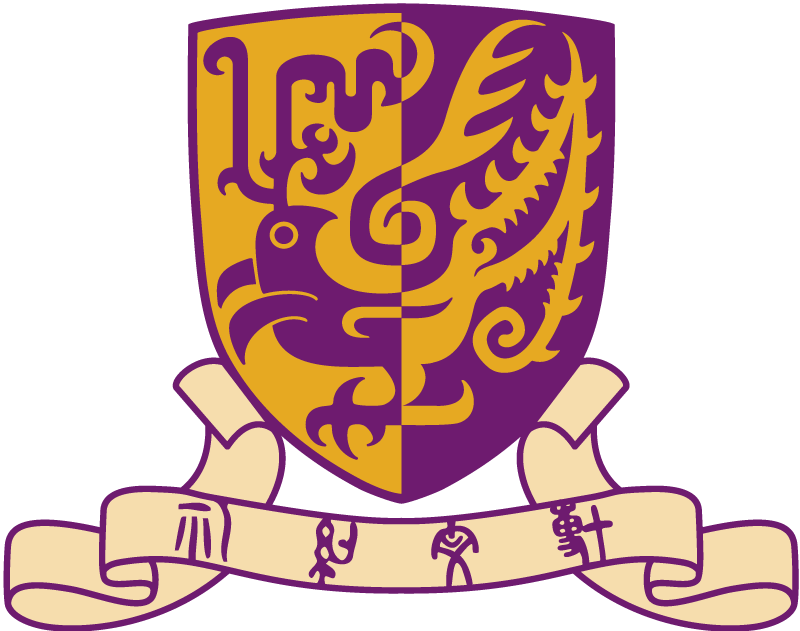The Stanford Experience: CASBS – From Research to Legacy
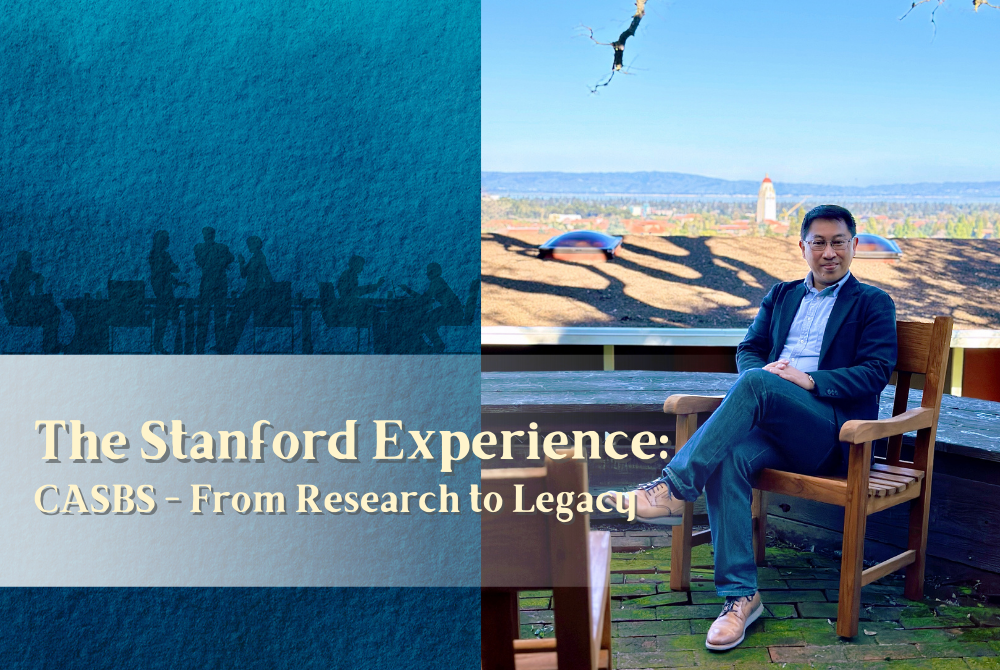
Written by: Professor Wilson Wong,
Co-Director of Data Science and Policy Studies Programme
This academic year of 2022-2023 is a very special one for me. On the last day of August 2022, I arrived at Stanford University to start my sabbatical leave as a fellow in its world-renowned Center of Advanced Study in the Behavioral Sciences (CASBS) for a project on the impact of data science and disruptive technologies on governance. It is one of my most rewarding and amazing experiences. I am happy to share some of my valuable experiences here especially the basic rules for achieving excellence in academic studies which are often simpler than we think.
It is a great pleasure and esteemed honor to be a fellow of CASBS. CASBS is a big name in academia. It is a very top research institution in social sciences. The only institution which may be able to match its reputation and caliber is the Institute of Advanced Study (IAS) of the Princeton University of which Albert Einstein was one of its first members. Despite IAS would be undoubtedly its arch-rival, I would argue that CASBS is extraordinarily unique and distinguished in two ways. First, unlike IAS, CASBS is a research institute devoted entirely to social sciences and is the flagship center of its kind. Besides, its accomplishments have been solidly shown in its incredible track record of producing 30 Nobel Prize laureates and 24 Pulitzer Prize winners since its inception in 1954.
As CASBS is specializing in social sciences and Nobel Prizes include categories other than social sciences, the number of Nobel Prize awards won by CASBS fellows is truly phenomenal. Among the Nobel laureates who are former CASBS fellows, my favorites are Professor Douglas North (CASBS Fellow 1987-88) who won the Nobel Prize in Economics in 1993 for his contribution to new institutionalism and Professor Richard Thaler (CASBS Fellow 1997-98), the father of behavioral economics, who won the same prize in 2017. Both of them have very significant influence on my learning and intellectual growth.
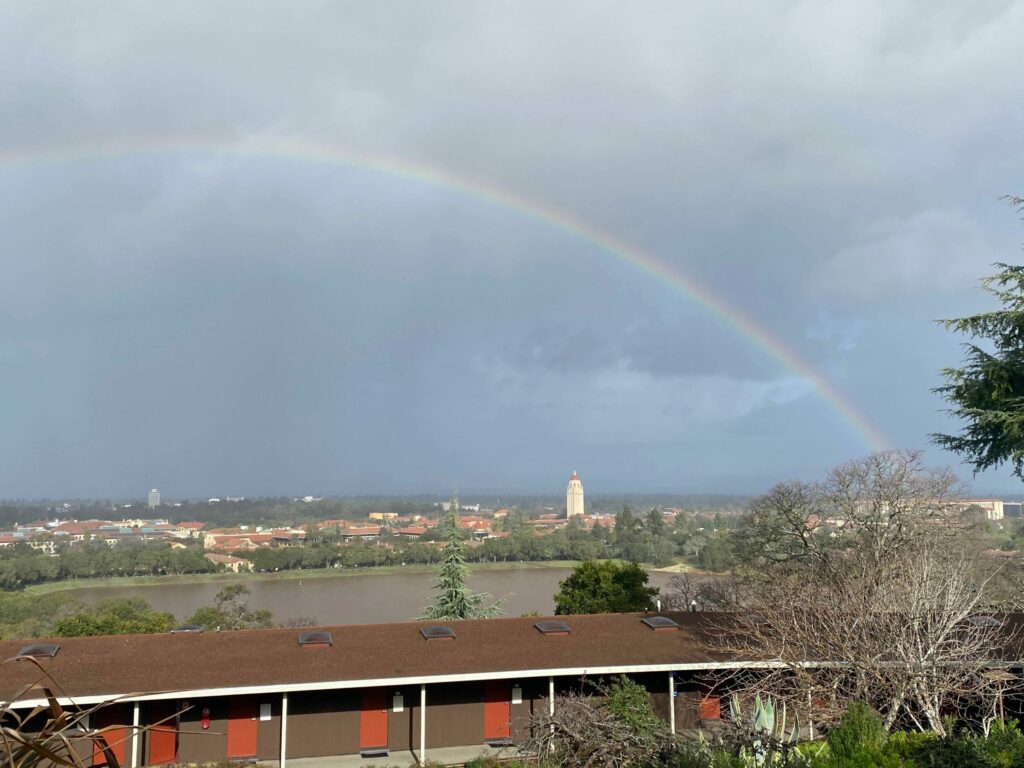 The view from my office – reminding us that we often need to take a step back and up in order to see and think clearer
The view from my office – reminding us that we often need to take a step back and up in order to see and think clearer
Since all the fellows of each year share the same offices, it means that current fellows are staying in the same offices occupied by the laureates as they were working on their theories and new knowledge which eventually earned them the Nobel Prize. It does not only let us feel living in their legacy but also always reminds all the fellows that we are standing on the shoulder of these giants in order to see further and make progress in our journal of knowledge discovery.
Despite my previous experience in the US including doing my graduate studies and serving as a visiting scholar in Harvard and the Brookings Institution, a major think-tank based in the Washington, D.C., my experience here is still quite eyes-opening and inspiring. It is so obvious that CASBS is not just an ordinary research institute. The success of CASBS is not by chance or because of luck. It is also not the case that it accomplished what it had by simply working harder or having more resources. It is riveting that CASBS approaches research from a perspective quite different from many other centers and institutes around the world. Path-breaking discovery and innovation often comes from unconventional practices and approaches which are often not difficult to follow and adopt. By learning from CASBS, we can all get closer to create our own miracles and legacies.
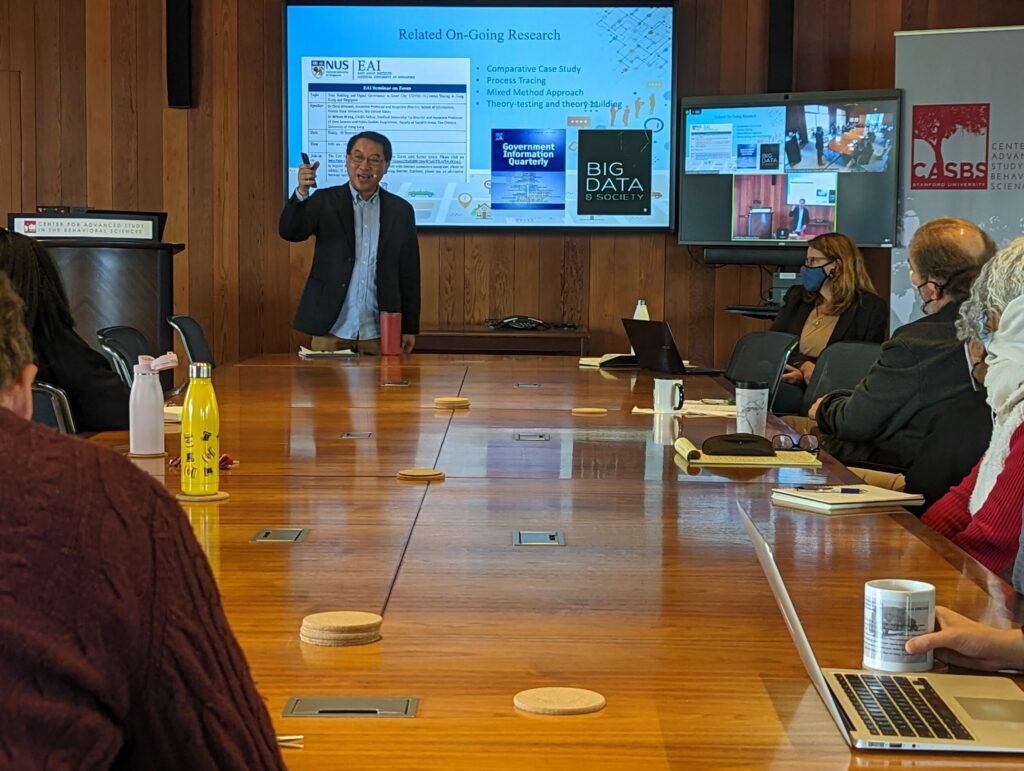 I was presenting my project about data science and governance in the weekly CABSB seminar to other fellows who are truly multidisciplinary
I was presenting my project about data science and governance in the weekly CABSB seminar to other fellows who are truly multidisciplinary
Its first secret to success is its interdisciplinary nature and its strong culture of inclusion and diversity by treating all disciplines and fields with respect. In its mission, it is well stated that CASBS should be “a place where great minds confront the critical issues of our time, where boundaries and assumptions are challenged, where original interdisciplinary thinking is the norm, where extraordinary collaborations become possible, and where innovative ideas are in pursuit of intellectual breakthroughs that can shape our world.” In short, being interdisciplinary and inclusive to break down walls and boundaries across disciplines is essential for breakthroughs in knowledge discovery. Taking my batch of fellows as an example, only I and another professor have our research specialization in public policy. For other fellows, they represent a wide spectrum of disciplines including history, anthropology, economics, political science, psychology. Professor Walter Powell, our CASBS director, is a prominent sociologist. This interdisciplinary tradition is also echoed in other parts of Stanford. The most prestigious research institute of AI in Stanford is the Institute for Human-Centered AI (HAI) which integrate computer science with humanities and social sciences.
Although all fellows are concentrating on their own projects during their stay in CASBS, we are all learning and benefiting from the knowledge of other disciplines by having to present our work in a weekly seminar. While we are not presenting in the week, we would be active participants to offer our inputs and feedback to fellows who can be often outside our field for advancing their research. Apart from the formal activities, one of the best benefits a CASBS fellow is entitled to is its delicious and nutritious free lunch. I should also mention that free coffee and tea is provided 24/7. Of course, free lunch is not really “free”. In CASBS context, free lunch and coffee is meant to provide and promote more opportunities for the cross-facilitation of ideas and knowledge across fellows which has worked extremely well in all these years.
Another secret behind the success and legacy of CASBS is its emphasis on social impact and relevance. One common denominator across all fellows is we all want to make use of our research and knowledge to make a positive difference in the real world. As scholars, notwithstanding spending a significant amount of time in solidarity for immersing ourselves in the sea of intellectual knowledge for the pursuit of truth, our journey does not stop there. Eventually, all we would like to see is to have a major problem resolved in society with the enlightenment of our discovery and ideas. This important point is reflected in the location of CASBS. It is sitting on a bucolic hill full of wildlife such as deers, rabbitts, turkeys, and even coyotes, above the main campus of Stanford University overseeing the iconic landmark, the Hoover Tower. As a home for scholars engaged in pioneering research, it lets us to take a step back and up, but instead of detachment, it gives us a panorama to see and think clearer.
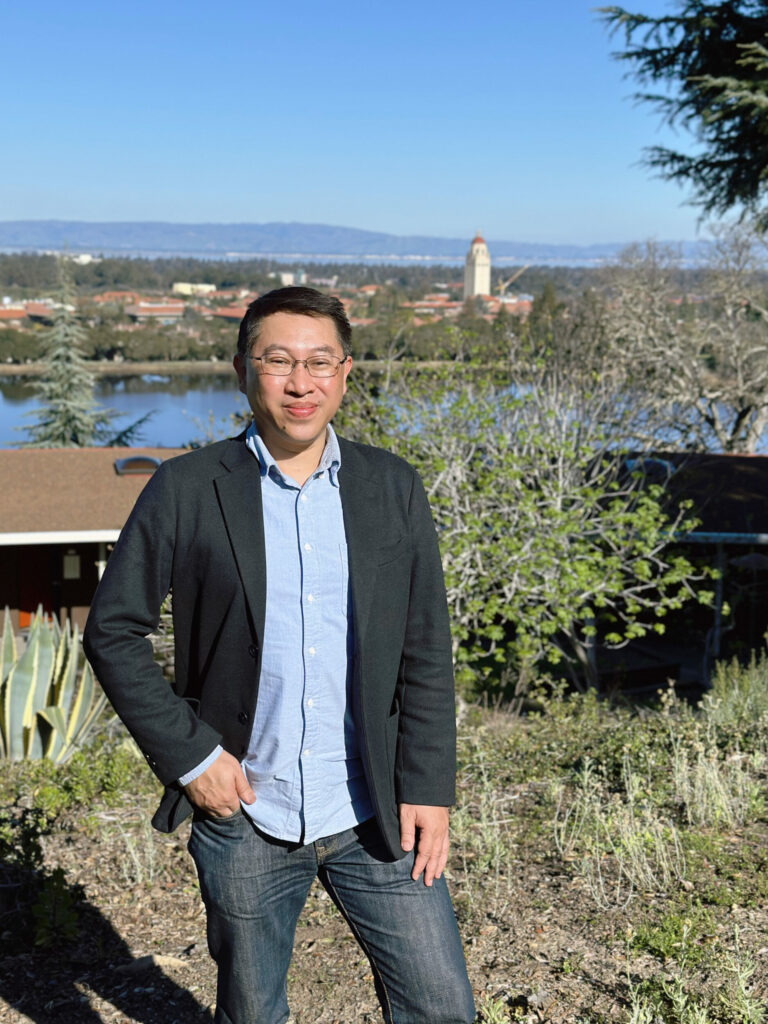
To a considerable extent, we already see some of the secrets behind the CASBS legacy practiced in United College, particularly its general education. Something for all UC members to celebrate! One last piece of important observation in CASBS is all fellows are dedicated and diligent. Despite many fellows are already well-established academics, you can always find them working late and during holidays and weekends. As well said by Albert Einstein, “genius is 1% talent and 99%hard work.” No matter how intelligent and brilliant you are, there is no substitute for hard work. It is certainly understandable that no one could force oneself to work hard on something if you are not passionate about it. It all brings us back to the most fundamental issue that having success in life, regardless of academia or other areas relies on first identifying what really matters to you and interests you in life.
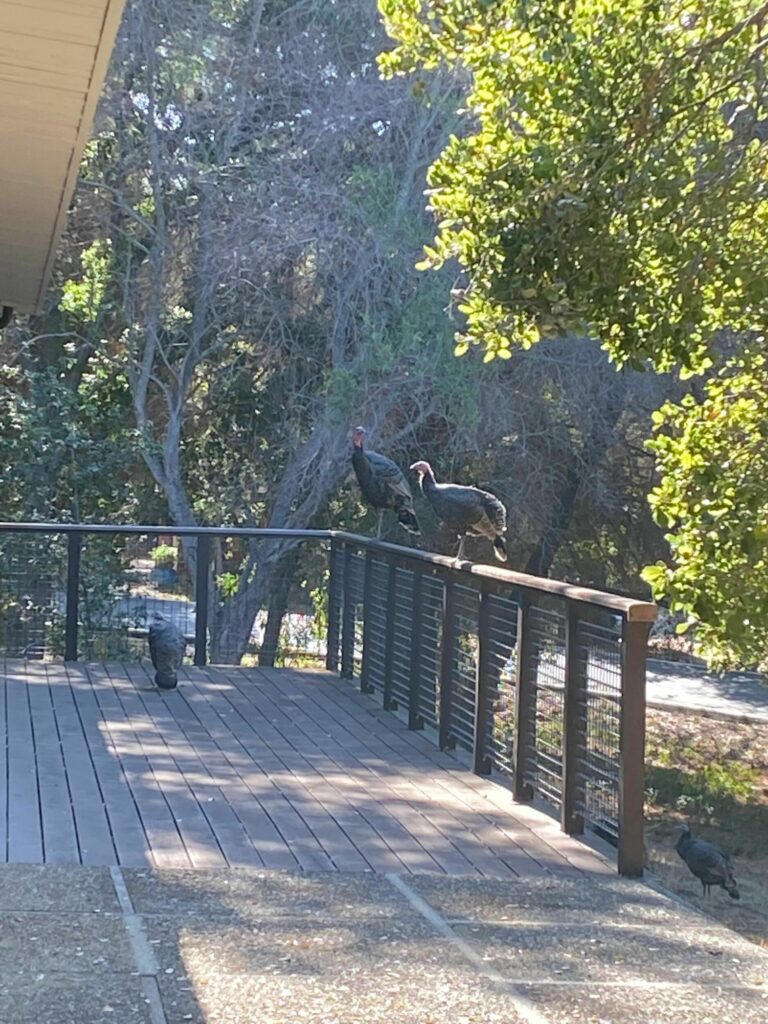
A photo taken outside my office: some of the wildlife (wild turkeys) which frequently visit us in CABSB
